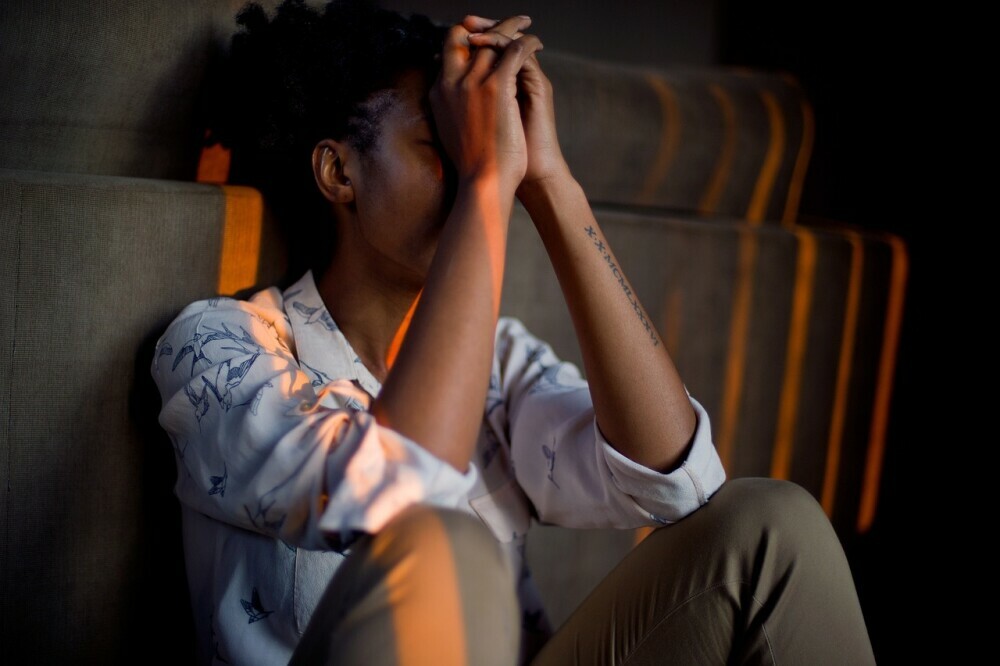
Taming the Tigers: Practical Tips to Reduce Stress and Anxiety
Stress and anxiety. These unwelcome companions can creep into our lives, casting a shadow over daily activities and well-being. But fear not! By understanding these emotions and implementing practical strategies, you can reclaim control and cultivate inner peace.
Understanding the Foes: Stress vs. Anxiety
Let’s differentiate these common foes. Stress is a natural response to challenging situations. It’s the body’s way of preparing for action. Anxiety, on the other hand, is a persistent feeling of worry or fear, often out of proportion to the situation. While some stress can be motivating, chronic stress and anxiety can significantly impact our physical and mental health.
Spotting the Signs: Identifying Stress and Anxiety
So how do you know if stress or anxiety is taking hold? Watch for these signs:
- Physical Symptoms: Headaches, fatigue, muscle tension, changes in sleep or appetite.
- Emotional Symptoms: Irritability, sadness, difficulty concentrating, feelings of overwhelm or dread.
- Behavioral Changes: Avoiding social situations, procrastination, changes in eating habits.
Mindfulness: The Key to Inner Calm
Mindfulness is the practice of paying present-moment attention. It’s a powerful tool for reducing stress and anxiety. Here are some simple mindfulness exercises to incorporate into your daily routine:
- Deep Breathing: Take slow, deep breaths, focusing on the rise and fall of your chest.
- Body Scan: Close your eyes and focus your attention on different parts of your body, letting go of tension.
- Mindful Walking: As you walk, pay attention to the sensations of your feet touching the ground, the sound of your breath, and the sights and sounds around you.
Moving Your Body to Manage Stress
Physical activity is a natural stress reliever. Exercise releases endorphins, mood-boosting chemicals that combat stress hormones. Here are some exercise options to consider:
- Cardio: Brisk walking, running, swimming – these activities get your heart rate up and promote relaxation.
- Strength Training: Building muscle can improve mood and confidence, reducing stress.
- Yoga and Pilates: These combine physical postures with controlled breathing, promoting mindfulness and stress reduction.
Building a Supportive Sanctuary
Our environment plays a significant role in managing stress. Here’s how to create a supportive space:
- Build a Strong Support System: Surround yourself with positive and understanding friends and family. Talk to them about your stress and anxiety.
- Declutter Your Space: A physical clutter can contribute to mental clutter. Organize your living and workspace for a sense of calm.
- Reduce Stress Triggers: Identify factors that trigger your stress or anxiety and try to minimize them, or develop coping mechanisms.
The Power of Community: You’re Not Alone
Remember, you don’t have to fight stress and anxiety alone. Reach out to your community for support groups, therapy sessions, or online forums. Talking to others who understand can be incredibly empowering.
By incorporating these practical tips into your life, you can effectively manage stress and anxiety. Remember, self-care is not a luxury, it’s a necessity. By prioritizing your well-being, you’ll be better equipped to tackle life’s challenges with resilience and inner peace.
Hi,
Stress and anxiety are common symptoms of a busy modern lifestyle for many people these days. Your advice on ways of coping are very helpful.
Unfortunately, many people try to cope with stress and anxiety with the use of drugs and alcohol. This is not a good idea as it will ruin your health in the long term.
As you say, exercise and minfulness are the best ways of coping with stress and anxiety.
Cheers John
Hi John, Thank you very much for your valuable comments, cheers Alan.
Hi,
Stress and anxiety are common symptoms of a busy modern lifestyle for many people these days. Your advice on ways of coping are very helpful.
Unfortunately, many people try to cope with stress and anxiety with the use of drugs and alcohol. This is not a good idea as it will ruin your health in the long term.
As you say, exercise and minfulness are the best ways of coping with stress and anxiety.
Cheers John
Hi John, Thank you very much for taking the time to read and comment on our article. I agree wholeheartedly with your comments about drugs and alcohol, they are not the answer. I have also been reading recently about certains cognitive behaviour therapies that may help with stress and anxiety, cheers Alan.